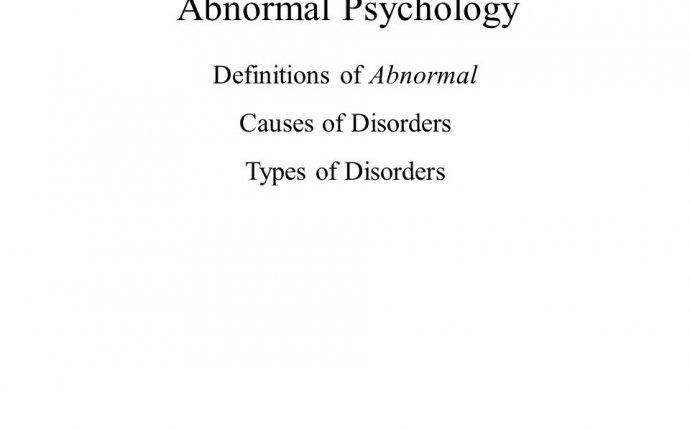
Causes of Disorders
Symptoms of generalized anxiety disorder
Symptoms of GAD include:
- difficulty concentrating
- difficulty sleeping
- irritability
- fatigue and exhaustion
- muscle tension
- repeated stomachaches or diarrhea
- sweaty palms
- shaking
- rapid heartbeat
- neurological symptoms, such as numbness or tingling in different parts of the body
Distinguishing GAD from other mental health issues
Anxiety is a common symptom of many mental health conditions, like depression and various phobias. GAD is different from these conditions in several ways.
People with depression may occasionally feel anxious, and people who have a phobia worry about one particular thing. But people with GAD worry about a number of different topics over a long period of time (six months or more), or they may not be able to identify the source of their worry.
Causes and risk factors
What are the causes and risk factors for GAD?
Causes of and risk factors for GAD may include:
- a family history of anxiety
- recent or prolonged exposure to stressful situations, including personal or family illnesses
- excessive use of caffeine or tobacco, which can make existing anxiety worse
- childhood abuse
According to the Mayo Clinic, women are twice as likely as men to experience GAD.
Diagnosis
How is generalized anxiety disorder diagnosed?
GAD is diagnosed with a mental health screening that your primary care provider can perform. They will ask you questions about your symptoms and how long you’ve had them. They can refer you to a mental health specialist, such as a psychologist or psychiatrist.
Your doctor may also do medical tests to determine whether there is an underlying illness or substance abuse problem causing your symptoms. Anxiety has been linked to:
- thyroid disorders
- heart disease
- menopause
If your primary care provider suspects that a medical condition or substance abuse problem is causing anxiety, they may perform more tests. These may include:
- blood tests, to check hormone levels that may indicate a thyroid disorder
- urine tests, to check for substance abuse
- gastric reflux tests, such as an X-ray of your digestive system or an endoscopy procedure to look at your esophagus, to check for GERD
- X-rays and stress tests, to check for heart conditions









